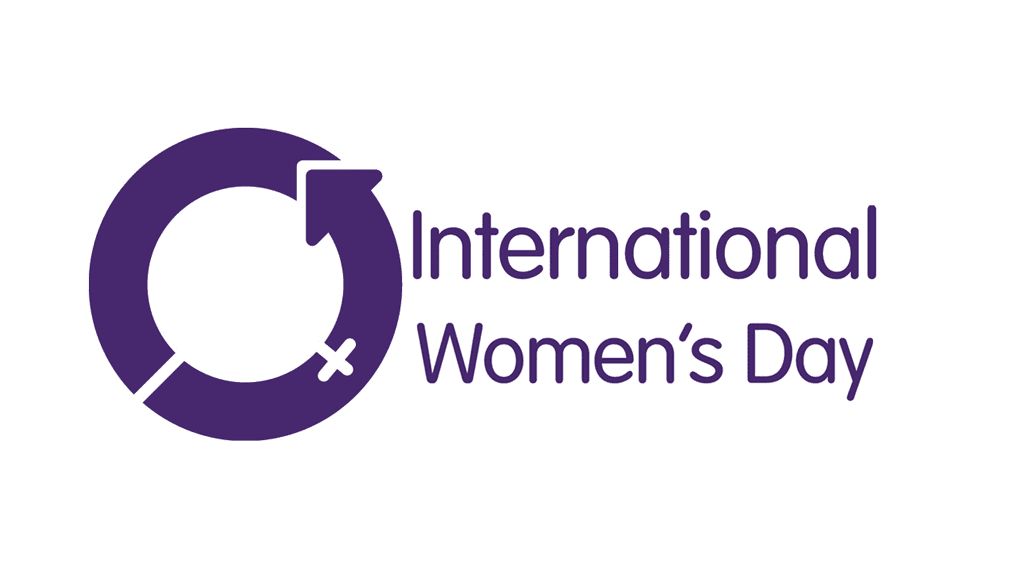On March 8 we observe International Women’s Day, which “celebrates the social, economic, cultural, and political achievement of women.” Why am I telling you this? First, I have to acknowledge that as a woman with a daughter who comes from a family of all daughters, I think that the idea of International Women’s Day is pretty awesome.
But I also want to honor this important day by highlighting the findings of a recent series of reports from the Dallas Women’s Foundation that lays out the current condition of Economic Security for Women in Texas. We were honored to work on this series with the Foundation. And I think it is essential reading for anyone interested in ensuring Texas’ economic stability and growth to learn about the opportunities and barriers facing Texas’ 14 million women and girls.
Today, over 60 percent of Texas families rely either wholly or substantially on women’s income. This shouldn’t be surprising given that it’s been increasingly difficult for families to make ends meet in Texas without a two-income household.
Unfortunately, even though women are integral to family economic security, they are also more likely to live in poverty than men. As a result, the financial security of many women and their families is weakened, both in the short- and long-term.
To change this reality, we have to understand the foundations of economic security for women, where women currently stand, and take action to make positive change. The Economic Security for Women in Texas reports highlight four building blocks that are essential for achieving economic security:
- Education as a pathway to economic security;
- Child care as a critical work support for families;
- Health insurance as a financial shield against the unexpected; and
- Housing as the anchor of economic security.
All four work together to support financially strong women, girls and families.
But there are many barriers to women achieving economic stability with these building blocks. Even with the same level of education and years of experience, women earn less money than men for the same job. This sad fact is true across a wide-range of industries, even female-dominated ones like nursing. And although younger women are more likely to obtain a higher-education degree or credential than young men, they face a higher student debt burden after college thanks to those lower wages (i.e., same amount of debt, but lower wages make it harder to pay off), which can limit or postpone their ability to build wealth (i.e., save, buy a home, invest).
Women are also more likely to work in low-wage industries that do not offer benefits like health insurance. In Texas, 2.2 million women and girls are effectively left out of the health care system because they do not have health insurance, with cost identified as the most common barrier. With average child care costs rivaling a year of college tuition, quality child care is often out of reach for women and can lead gaps in employment.
With so many economic barriers, it may not be surprising to learn that women are at a higher risk for eviction than men, putting them at greater risk for long-term negative effects on mental and physical health and increasing the risk of job loss and homelessness. And although 84 percent of Texas households that use housing vouchers are headed by women, many landlords will not rent to voucher families, reducing options for women even more.
Thankfully, there are many public policy actions at the state and local levels that can give women an equitable shot at economic security. From cities protecting renters who use vouchers from discrimination, to creating public-private partnerships to increase investments in the subsidized child care program, to closing the coverage gap for uninsured women and girls, there is a lot that Texans can and should do. To see all of places we can take action for women, check out each of the reports in the Dallas Women’s Foundation series, as well as CPPP’s 2017 Legislative Priorities.
I look forward to celebrating the social, economic, cultural, and political changes that my daughter’s generation of strong women makes in the world. But without making smart changes for women today, the barriers will only become more entrenched. Let’s celebrate this International Women’s Day with both optimism and action by asking our public officials to make common-sense choices for Texas women.
